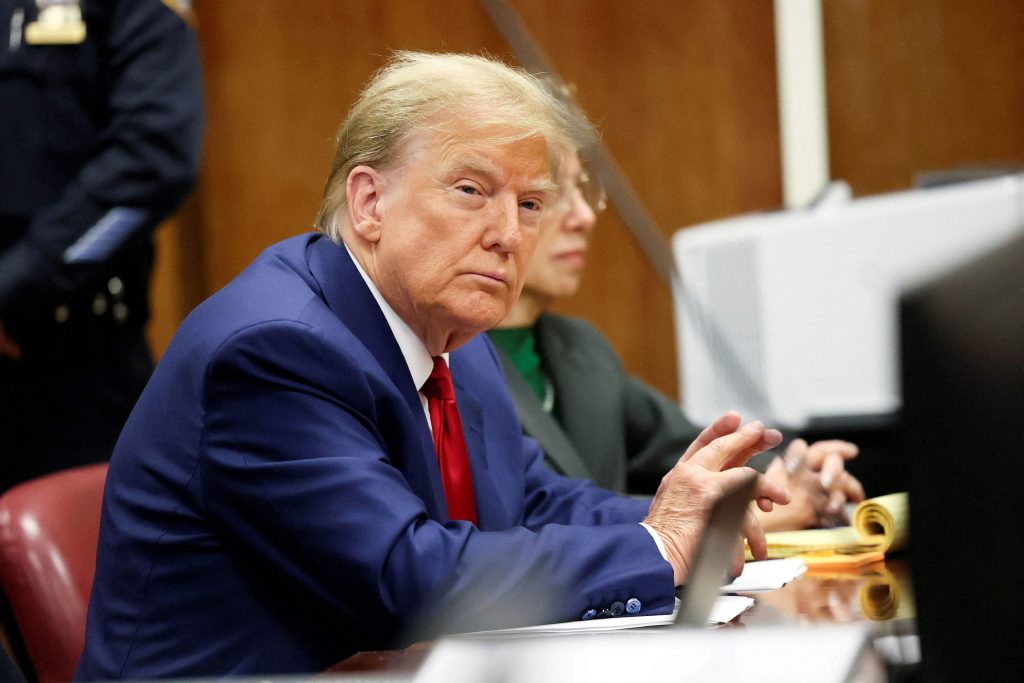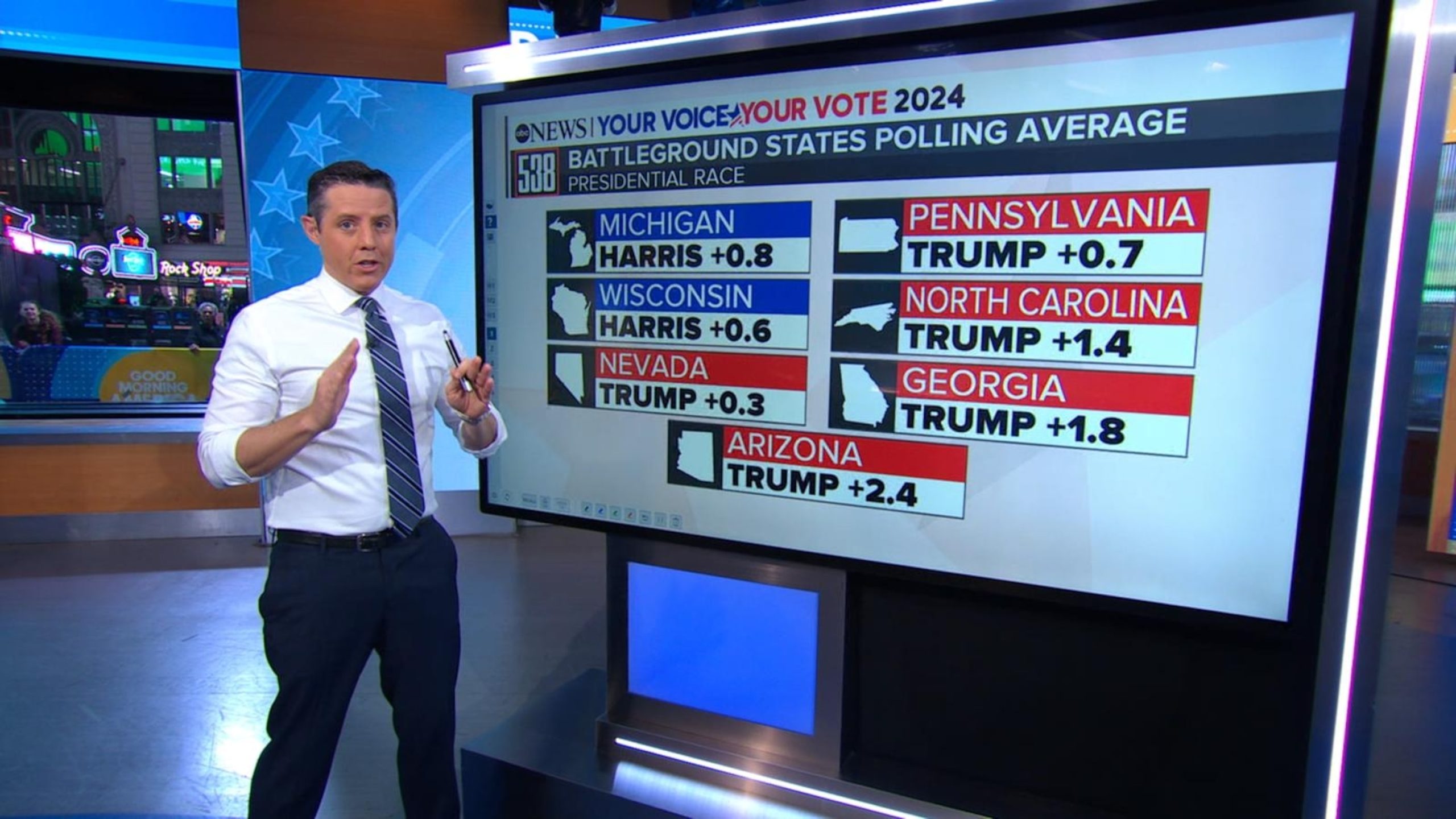The Donald Trump hush money trial represents a legal, political, and public watershed moment for American democracy. At its core, the case centers on allegations that the former president’s team facilitated hush money payments to two women before the 2016 election to prevent them from publicizing claims of extramarital affairs with Trump.
While the specific charges against Trump relate to falsifying business records, legal experts emphasize the trial carries far-reaching ramifications beyond the courtroom.
“This case is about much more than the narrow criminal charges,” said Renato Mariotti, a former federal prosecutor. It’s a test of whether our system can hold even the most powerful figures accountable for alleged attempts to undermine the integrity of our elections.”
The Legal Battleground
In the Manhattan courtroom, prosecutors have argued that the hush money payments constituted unlawful campaign contributions aimed at influencing the 2016 presidential race. They allege that Trump orchestrated efforts to conceal the payments by falsifying records at the Trump Organization.
Trump’s defense team, however, has countered that the payments were personal matters unrelated to the campaign. This case is a blatant and unconstitutional weaponization of the justice system against President Trump,” said Todd Blanche, one of Trump’s lawyers.
If convicted on all 34 felony counts, Trump could face fines and potentially jail time, though legal experts suggest incarceration is unlikely for a first-time offender in such a case.
Political Firestorm
Regardless of the legal outcome, the hush money trial has already reshaped the political landscape ahead of the 2024 presidential election.
Trump has seized on the case to rally his base, portraying himself as a victim of a “witch hunt” by Democrats and the “deep state.” At a recent rally in Georgia, he declared, “This fake case was brought only to interfere with the upcoming 2024 election, and it should be dropped immediately.
However, the trial has also energized Trump’s critics, who view it as evidence of his disregard for the rule of law and ethical norms. This case isn’t just about campaign finance violations,” said former California governor Arnold Schwarzenegger, a vocal Trump critic. “It’s about the moral and ethical standards we expect from our leaders.”
Public Opinion Divide
Reactions to the hush money trial have been sharply divided along partisan lines, reflecting the nation’s profound political polarization. According to a recent Pew Research Center poll, 81% of Republican voters believe the charges against Trump are politically motivated, while 86% of Democratic voters view them as legitimate.
This case has become a Rorschach test for how Americans view Trump,” said Dr. Amanda Finkelstein, a political science professor at Emory University. For his supporters, it reinforces their belief that he’s being unfairly targeted, while his critics see it as further proof of his untrustworthiness.
Broader Implications
Ultimately, the outcome of the hush money trial could set significant precedents for campaign finance laws and influence future prosecutions of public officials.
If Trump is convicted, it could lead to more aggressive enforcement of campaign finance regulations and deter other politicians from engaging in similar conduct,” said Paul S. Ryan, vice president of policy and litigation at Common Cause, a nonpartisan watchdog group.
Conversely, an acquittal could embolden candidates to push the boundaries of acceptable behavior and erode public trust in the integrity of the electoral process.
This case isn’t just about Donald Trump,” Ryan added. It’s about the foundational principles of our democracy and whether we’re truly a nation of laws that apply equally to everyone.
As the legal drama unfolds, the hush money trial encapsulates a broader reckoning over accountability, ethical standards, and the role of money in politics – a pivotal moment that could profoundly shape the future of American democracy.
Restoring Public Trust
Beyond the specific legal and political implications, the hush money case has also cast a spotlight on eroding public trust in the judicial system and democratic institutions across party lines.
The polarized reactions to this trial underscore how Americans increasingly view the justice system through a partisan lens,” said Barbara McQuade, a former U.S. Attorney and professor at the University of Michigan Law School. “That’s a dangerous path that could ultimately undermine the rule of law.”
According to a recent Gallup poll, only 25% of Americans have a “great deal” or “quite a lot” of confidence in the criminal justice system – a historic low. This crisis of faith has been fueled by perceptions of unequal treatment based on wealth, power, and political affiliations.
“For many Americans, the hush money case reinforces a belief that there are two systems of justice – one for the rich and powerful, and another for everyone else,” said Marin Levy, a professor at Duke Law School.
Restoring public trust in the impartial administration of justice will likely require more than just the outcome of this single case. Legal scholars emphasize the need for greater transparency, accountability measures, and a sustained commitment to equal justice under the law – regardless of an individual’s status or connections.
“The hush money trial is a pivotal opportunity to demonstrate that no one is above the law, even former presidents,” said Michael Bachner, a former New York prosecutor. A fair and impartial process that treats Trump just like any other defendant could go a long way in renewing faith in our justice system.
Uncharted Territory
Regardless of the verdict, the Trump hush money trial has taken the nation into uncharted legal waters, with potentially far-reaching ripples across the political landscape and the American psyche.
As the case continues to captivate global attention, it serves as a powerful reminder of the enduring challenges facing American democracy and the fragility of public trust in its institutions. In the courtroom and beyond, the pursuit of justice and truth must remain an unwavering beacon – a cornerstone of the republic that transcends partisan divides and personal loyalties.
This trial isn’t just about Donald Trump,” said Kathleen Clark, a legal ethics expert at Washington University in St. Louis. It’s about whether we, as a nation, truly embody the principles of equal justice and accountability that we profess to the world.
A Pivotal Juncture
The Trump hush money trial arrives at a pivotal juncture for American democracy. Against the backdrop of the January 6th hearings, intensifying partisan rancor, and escalating threats against public officials and institutions, the case has emerged as a litmus test for the nation’s commitment to the rule of law.
This trial will be studied and scrutinized for generations to come as a defining moment in the American experiment of democratic governance,” said Julian Zelizer, a presidential historian at Princeton University. How it unfolds will shape global perceptions of the United States‘ adherence to its core values.
For supporters of Trump, the proceedings represent a political witchhunt designed to kneecap his future ambitions, enabled by an alleged “deep state” of bureaucrats and career officials. Conversely, his critics view it as a long-overdue reckoning with a pattern of disregard for ethical norms and the boundaries of permissible conduct.
Lingering Questions
Regardless of the outcome, the hush money saga is likely to leave a trail of lingering questions in its wake about money’s corrosive influence in politics, the efficacy of campaign finance laws, and the ability of the judicial system to insulate itself from partisan headwinds.
Even if Trump is acquitted, this case has laid bare fundamental flaws in the existing regulatory regime around money in politics,” said Richard Hasen, an election law expert at the University of California, Los Angeles. “Major reforms will likely be needed to restore public confidence.”
Those reforms could potentially include stricter disclosure requirements, tougher enforcement mechanisms, and clearer boundaries around acceptable expenditures by candidates and their associates – changes that campaign finance watchdogs have long advocated.
At a minimum, this trial should spur a long-overdue national conversation about setting reasonable limits and bright lines for the role of money in elections,” said Adav Noti, a former Federal Election Commission attorney.
High Stakes
With Trump facing potential disqualification from future federal elections if convicted, the stakes could not be higher. A guilty verdict would represent a dramatic fall from grace for the billionaire businessman who shattered conventions and reigned over a populist political movement.
Yet even an acquittal is unlikely to silence Trump’s critics or erase the cloud of legal peril that has loomed over his post-presidency. Federal investigations into his handling of classified documents and efforts to overturn the 2020 election results still loom on the horizon.
For Donald Trump, this trial is just one battle in a prolonged war over his legacy and his future,” said Frank Bowman, author of “High Crimes and Misdemeanors: A History of Impeachment for the Age of Trump.” “Regardless of this case’s outcome, the legal jeopardy is likely to persist and shape his political fate.
A Lasting Impact
When the gavel ultimately falls on the Trump hush money trial, its shockwaves will reverberate far beyond the courtroom walls.
The proceedings have laid bare deep fissures in American society – polarizing fault lines over institutional trust, money’s role in politics, and fundamental civic norms. How those rifts are bridged in the trial’s aftermath will go a long way in charting the nation’s democratic trajectory.
This singular case will leave an indelible mark on the American judicial and political chronicle,” said Claire Finkelstein, a professor at the University of Pennsylvania Carey Law School. Its legacy will be written not just in legal tomes, but in the evolving story of American democracy itself.
A Crossroads for Democracy
Ultimately, the Trump hush money trial represents a significant crossroads for American democracy. Its outcome and reverberations could either help restore faith in the nation’s institutions and the ideal of equal justice under the law or accelerate the erosion of democratic norms and deepen societal divisions.
“This case has become a Rorschach test for how Americans view their democracy,” said Loyola Law School professor Jessica Levinson. For some, a conviction of Trump would signal that no one is above the law. For others, it would confirm their darkest fears of partisan prosecution.”
As the legal battle plays out, it offers a mirror into the profound fissures facing the nation. The public’s reaction, regardless of the verdict, will say much about the state of American democracy and whether the judicial system still commands respect across the political divide as an impartial arbiter.
The ramifications of this trial will extend far beyond Donald Trump himself,” said Laurence Tribe, a constitutional law expert at Harvard University. It will help determine whether the United States remains a democratic republic committed to the rule of law, or accelerates its descent into knee-jerk partisan tribalism.
The path forward remains uncharted, but one thing is certain: The hush money case has emerged as a watershed moment in testing the resilience of American democracy and the nation’s capacity to unite around core democratic principles.
“How this trial is adjudicated, and its aftermath, will fundamentally shape the trajectory of American democracy for generations to come,” Tribe said. “The stakes could not be higher.”







![I would do it again: Janusz Waluś on killing Chris Hani and Derby-Lewis alleged meeting with Zuma [VIDEO]](https://i0.wp.com/media.citizen.co.za/wp-content/uploads/2025/01/Janusz-Walus.jpg?w=1200&resize=1200,0)

